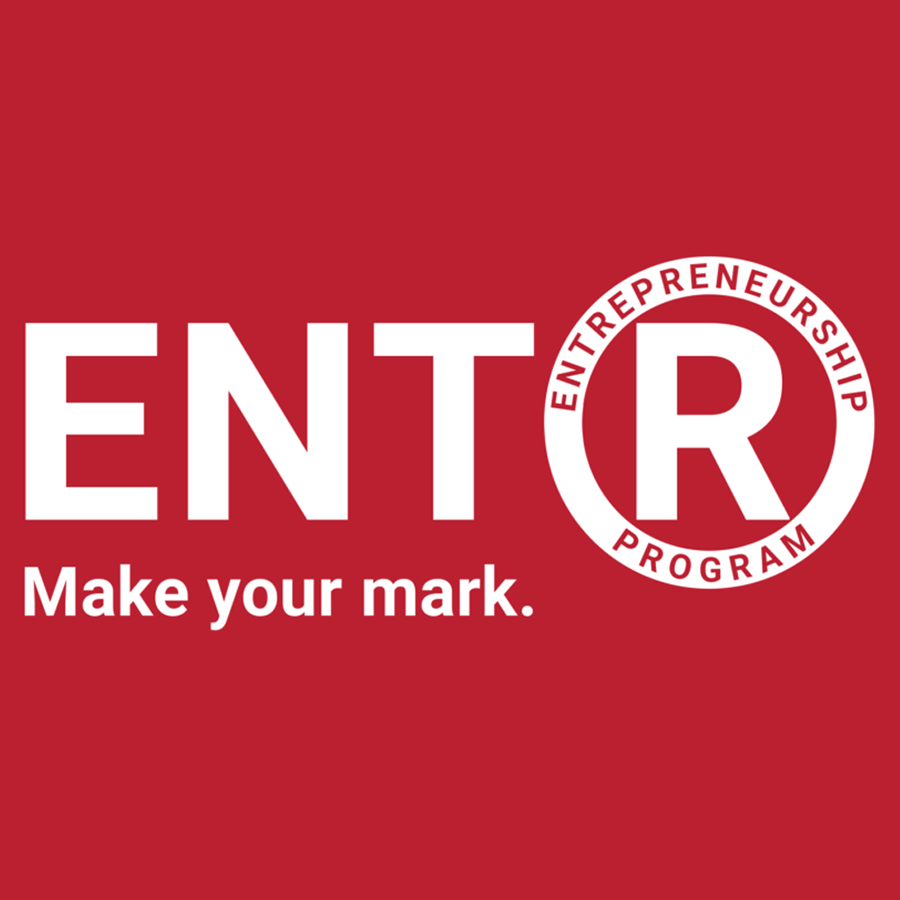Warren Eshpeter, BSAE ’20 Is Telling NextGen Students: Let’s Go to Space
August 25th, 2020
ATLANTA, Ga. (GTAE) – A year ago, when his classmates were polishing their resumes for jobs they hoped to land, Warren Eshpeter was processing the paperwork for a nonprofit he hoped to start. By the time he graduated in the spring of 2020…

UGA Summer Launch Program gives cosmic startup its liftoff
August 31st, 2020
ATHENS, Ga. (UGA) – This summer, children across the country got more screen time than parents thought possible, but one young entrepreneur discovered a novel way to turn game time into learning time. Warren Eshpeter, founder of the STEM advocacy group Let’s Go to Space…

An Atlanta Aerospace Engineer’s Mission to Send Memes into Space
January 24th, 2020
ATLANTA, Ga. (ATN) – As we watch Atlanta’s tech scene continue to thrive, many in our region have set their collective gaze to space: Georgia touts itself as a prime environment for space-related businesses; the aerospace industry employs nearly…

UGA Summer Launch Program Gives Cosmic Startup Its Liftoff
Read the article on UGA’s Website:
August 31st, 2020
ATHENS, Ga. (UGA) – This summer, children across the country got more screen time than parents thought possible, but one young entrepreneur discovered a novel way to turn game time into learning time.
Warren Eshpeter, founder of the STEM advocacy group Let’s Go to Space, turned the virtual world of Minecraft — a popular video game where players build their own mining operation — into a space where virtual campers can explore the basics of engineering, coding and astronomy.
Eshpeter’s virtual tech attracted campers, and by summer’s end his growth strategy to reach elementary and middle school-age students was judged the winner of the UGA Entrepreneurship Program’s Summer Launch pitch contest, along with a $5,000 cash prize.
Before the pandemic, Eshpeter originally conceived of Let’s Go to Space as a STEM outreach program that would send engineers and scientists into elementary, middle and high school classrooms. The mentors would introduce students to aerospace technology and engineering fundamentals with hands-on activities.
“I originally went into Summer Launch looking for a plan to expand our volunteer base so we could expand outreach,” said Eshpeter, who attended UGA’s College of Engineering and Georgia Tech. “My advisors told me I had one hour to develop something outreach-related that people could buy on our website.”
Later that night, Eshpeter had a slate of online camps planned, and his first campers signed up.
With the help of Terry College of Business Master of Accountancy student Jack Wall, serving as chief financial officer, Eshpeter was able to launch the camp series when kids needed it the most. Hosted in virtual spaces that Eshpeter created in Minecraft, Let’s Go to Space attracted more than 250 campers from Atlanta to Vancouver, British Columbia.
All of this summer’s topics centered around the science of space — from rockets to radio waves. Each camp required campers to work together to solve puzzles and overcome obstacles in Minecraft’s virtual world.
Eshpeter is still building his roster of engineers and STEM college students, and he hopes to achieve liftoff this school year, but the Summer Launch experience proved that successful outreach can be done virtually and impact more students.
Let’s Go to Space is applying for grant funding, and Eshpeter stands a better chance now that he has shown the startup is adaptable and can generate some income, said Summer Launch organizer James Flannery, a lecturer with the Entrepreneurship Program.
Adaptation was key for each of the teams competitively chosen for Summer Launch, Flannery said.
“Traditionally, the Summer Launch Program has relied on in-person instruction to teach and guide teams,” he said. “Just like we had to alter our teaching approach due to COVID, I believe the change helped our entrepreneurs trust that they could also re-imagine their businesses in light of these challenges.”
Each startup is given $5,000 in capital when they begin the eight-week program.
The other student teams that completed the boot camp were:
- Eye Drool Designs, an app that matches tattoo customers and artists created by UGA College of Engineering student Kendra Garcia.
- Good Dough, a health food startup created by Tull School of Accounting student Knox Watson.
- Stachios, a pistachio granola bar startup created by UGA dietetics graduate student George Mouhawesse.
- Rooted in the Loop, created by social work graduate student Emilee Henry, whose startup idea is a meal delivery company that offers plant-based meals.
Summer Launch is sponsored by the UGA Entrepreneurship Program, whose mission is to help develop the mindset of future entrepreneurs and prepare students for business leadership roles.
Students interested in launching their own ventures this fall can apply to the UGA Idea Accelerator Program or the UGA Innovation District Quick Pitch Competition.
